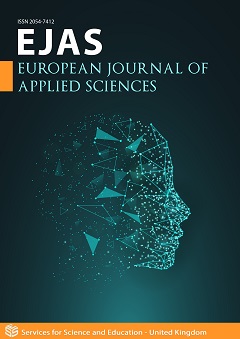Navigating Energy Scarcity Risks: The Dual Impact of Geopolitical Uncertainty on Indonesia's Transition to Renewable Energy
DOI:
https://doi.org/10.14738/aivp.1303.18951Keywords:
Energy, Renewables, Geopolitics, Transitions, IndonesiaAbstract
As the world's fourth most populous country and Southeast Asia's largest economy, Indonesia faces unique challenges in balancing economic growth, energy security, and environmental sustainability. The research aims to provide insights into how geopolitical risks and energy consumption patterns influence the adoption of renewable energy sources, particularly in the context of Indonesia's evolving energy policies. The study employed the Autoregressive Distributed Lag (ARDL) model to analyse time-series data from 1990 to 2017. The ARDL model is particularly suited for examining short-term and long-term relationships between variables. The research found that geopolitical risks and immediate energy security concerns increased fossil fuel consumption in the short term. However, in the long term, these risks accelerated investments in renewable energy sources, driven by the pursuit of energy independence and environmental sustainability. The error correction term for renewal energy consumption (REC) is -97.179, indicating a rapid adjustment to equilibrium deviations. Energy consumption (EC) showed a positive long-term relationship with REC (4.893), suggesting that higher energy demand correlates with increased renewable energy adoption over time. Fossil fuel consumption (FFC) also exhibited a positive long-term relationship with REC (101.588), which may reflect initial reliance on fossil fuels to stabilise the economy before transitioning to renewables. The result highlighted the importance of balancing short-term energy security needs with long-term sustainability goals. The findings contributed to the broader understanding of energy economics in developing countries, offering valuable insights for navigating the global energy transition amidst geopolitical uncertainties.
Downloads
Published
How to Cite
Issue
Section
License
Copyright (c) 2025 Eka Sudarmaji, M. Rubiul Yatim, Herlan, Milanda A. Juwanto

This work is licensed under a Creative Commons Attribution 4.0 International License.






